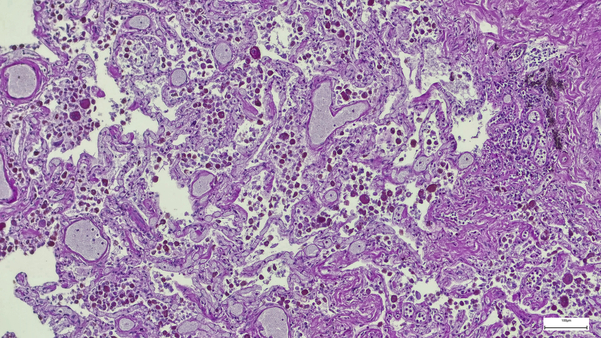Metastasis disease mdodels
Metastatic disease accounts for the majority of cancer-related mortalities. The genes and proteins involved in metastasis have long been sought after as potential therapeutic targets. Our tumor portfolio contains a number of proprietary, efficient and reproducible metastasis models.
CT, PET, and optical imaging technologies provide rapid, non-invasive, highly efficient, and accurate determination of drug response in these models. In particular bioluminescence imaging, through the use of luciferase-enabled tumor lines, is a highly efficient method for tracking metastatic disease. The metastasis models we use are evaluated for reproducible growth characteristics in vivo and are available for both preventative and staged-treatment testing.
In order to establish metastasis models, varying types of transmission modes include:
Spontaneous metastasis from implanted solid tumors
Intracardiac cell injection
Intravenous cell injection
Intrasplenic cell injection
Peritibial implantation
We continually develop and optimize new metastasis models.


